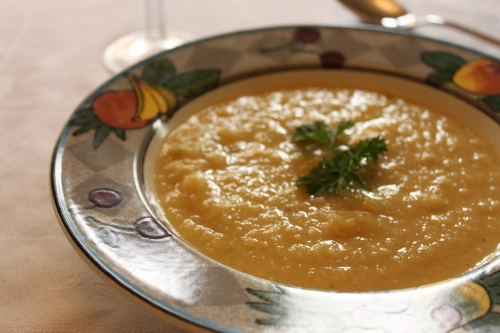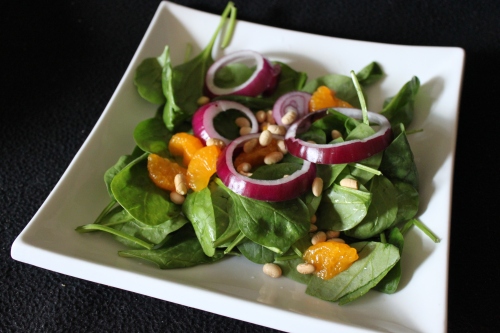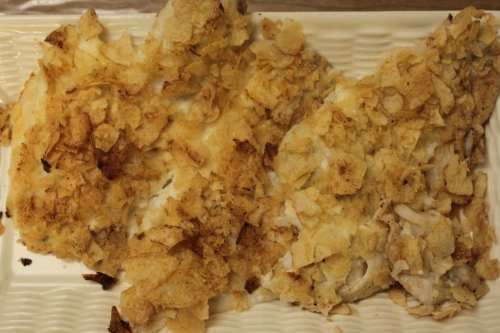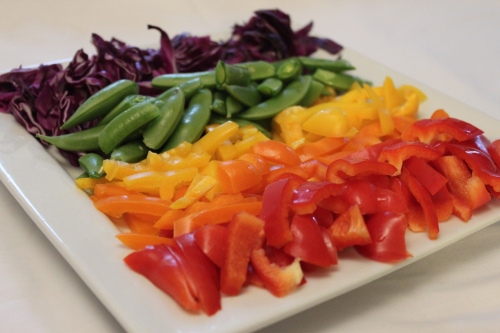At the beginning of this Parsha Yakov departs from Beersheva and travels to Haran. He spends the night on the way and has a dream in which a ladder extends from earth to heaven. Angels ascend and descend the ladder. God appears in the dream and promises that Yakov’s progeny will be a great nation.
Here’s a nice vort about these angels. According to the Sefat Emet, the ladder in the dream starts on earth and extends up to heaven. The foot of the ladder is in the physical world but rises to a totally spiritual one. In Pirkei Avot it says that worldly manners precedes Torah. The angels that rise and go down represent different angels. The ones that accompanied Yakov in Israel weren’t the same ones that traveled with him outside Israel. Angels that accompanied Yaakov in Eretz Yisrael are not the same as those outside Israel, just as Shabbat angels differ from those of weekdays. On Friday night we sing Shalom Aleichem, which refers to the changing of the angels.

Genesis 28:12 12. And he dreamed, and behold! a ladder set up on the ground and its top reached to heaven; and behold, angels of God were ascending and descending upon it.
This week’s recipe is about dreams. My mom used to make ‘dream’ squares which I thought would be a fine idea. When I looked for recipes for Yaakov’s dream I discovered a whole array of dream desserts: dream cookies, dream cups, dream bars, and dream puddings. I have no idea why. This one seemed yummy and it really is. This recipe comes straight from the Nestle’s website.
Double Chocolate Chip Dream Cookies
Ingredients
- 2 1/4 cups all-purpose flour
- 1/2 cup baking cocoa
- 1 teaspoon baking soda
- 1/2 teaspoon salt
- 1 cup (2 sticks) butter or margarine, softened
- 1 cup packed brown sugar
- 3/4 cup granulated sugar
- 1 teaspoon vanilla extract
- 2 large eggs
- 2 cups (12-oz pkg) chocolate chips











